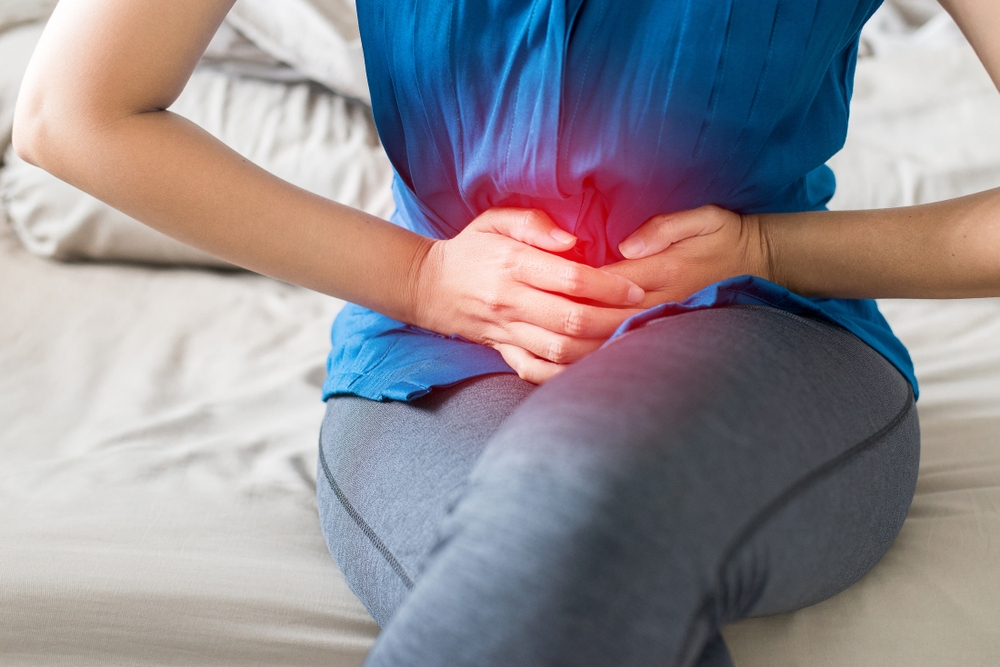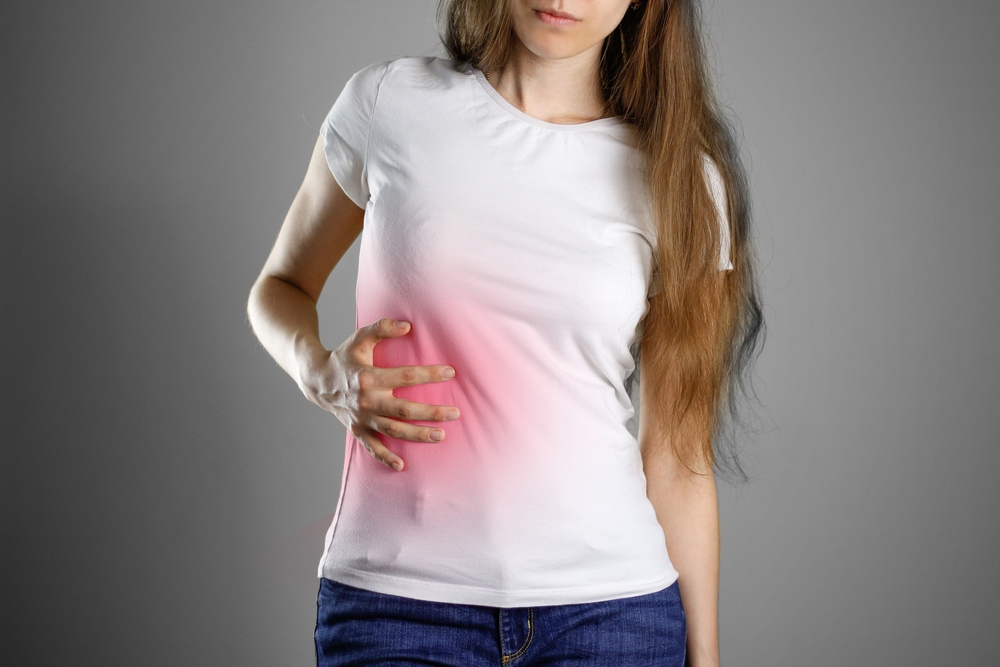
There was a sudden and severe colic, as if an invisible hand were twisting the kidney.
The pain began to appear from one side of the waist and became more and more severe like the tide. After reaching the extreme, it was briefly relieved, but the more severe pain quickly poured in again.
The pain radiates from the waist to the lower abdomen and thigh root on the same side.
Sitting and lying uneasily, sweating profusely, nausea and vomiting, body temperature also slightly increased, and even hematuria appeared…
This is a symptom caused by urinary calculus.
It is also because of this kind of pain that many people are worried about urinary calculi and worry: will calcium supplement and excessive intake of minerals increase the risk of kidney calculi, etc.
Dr. Clove will talk about kidney stones.
Why does the kidney grow stones?
Kidney stones are one of the common diseases of urinary system and are prone to recurrence. Its pathogenesis is very complex. Current research shows that:
Kidney stones are related to metabolic function, urinary system infection, urinary tract structural abnormalities, heredity, daily diet structure, etc. In addition, middle-aged and elderly friends have a relatively higher risk of stones.
In recent years, the change of residents’ nutritional structure is one of the main reasons for the increasing incidence and recurrence rate of urinary calculi.
There are many kinds of urinary calculi according to their composition, including calcium oxalate, calcium phosphate, apatite carbonate, magnesium ammonium phosphate, uric acid calculi, etc. The most common is calcium oxalate calculi.
Animal proteins such as chickens, ducks, fish and the like eaten daily will produce oxalic acid in the process of digestion and absorption. Oxalic acid and calcium will combine to form calcium oxalate stones. Oxalic acid will be concentrated and discharged in the kidney, so the concentration of oxalic acid in the kidney will be relatively high, and stones will be more easily formed here.
Generally speaking, people who drink less water and eat more meat have a higher risk of urinary calculi.
Can calcium supplement cause stones?
Returning to the question in the title of the article-since calcium is the main component of stones, will calcium supplement or excessive minerals in daily diet and drinking water increase the risk of stones?
In fact, calcium supplement is not only not the main cause of calculus, but also a proper amount of calcium supplement can prevent calculus.
Some of the calcium in the diet is absorbed into the blood from the intestinal tract after eating, and another part of the calcium will stay in the intestinal tract and be discharged out of the body with feces. These unabsorbed calcium can combine with oxalic acid components in the food, thus reducing the absorption of oxalic acid.
In addition, moderate calcium supplement is helpful to stimulate blood calcium self-regulation, reduce [calcium movement], and allow existing calcium to continue to stay quietly in bones to play a role.
A survey of urinary calculi in Europe also shows that:
There is no obvious difference in the incidence of urinary calculi between residents of Britain with hard water quality (high calcium content) and Holland with soft water quality.
Therefore, the amount of calcium content in the diet does not directly cause the occurrence of urinary calculi, and there is no need to worry about calculi caused by calcium supplement.

How to diagnose stones?
Mainly rely on B-ultrasound and X-ray.
B-ultrasound is the first choice for renal colic caused by acute onset of urinary calculi, and calculi over 2mm can be found.
X-ray examination (abdominal KUB plain film) can roughly understand the types of stones through the degree of development of stones.
For general urinary system stones, it is only necessary to specify the location of the stones, but for patients with recurrent stones, finding out the components of the stones and clarifying the causes of recurrence are of great help to radical cure.
How to treat urinary calculus?
The goal of treatment is to relieve pain and expel stones.
In case of acute attack, medication should be used to relieve pain first.
For stones with a diameter of less than 0.6 cm, smooth surface and no obstruction, they can be discharged by drinking more water and exercising more.
If B-ultrasound is reexamined two weeks later and it is found that the stone has not been discharged, the doctor will find a way to [remove the stone].
At present, the most common method for the treatment of urinary calculi is extracorporeal shock wave lithotripsy, which is the preferred method for the treatment of calculi with a diameter of less than 2cm.
If this method cannot remove stones, ureteroscopy (inserting ureteroscopy from urethra and probing into the stone site to remove stones) or percutaneous nephrolithotomy (minimally invasive surgery to remove stones by making a small hole in the waist, extending an endoscope as thick as chopsticks into the stone site of the kidney and smashing) is required to remove stones.
How to prevent feldspar?
The main way to prevent stones is to improve living habits, and the most important ones are two points: one is to exercise more, and the other is to adjust the diet structure appropriately.
If you sit frequently and drink less water at ordinary times, your urine will not be diluted, your urine concentration will increase, and the crystallization and deposition of stones in your urine will easily form stones.
Due to lack of exercise, small stones are not easy to be discharged out of the body, and will slowly increase over time.
It is generally recommended that the daily intake of liquid should be 2.5 ~ 3 liters, and the urine volume should be 2 ~ 2.5 liters, so as to keep the urine color clear and light yellow. People with poor renal function and heart function should drink appropriate amount of water.
Change bad eating habits, maintain a balanced diet and nutrition, and appropriately increase the intake of fruits and vegetables. Reducing high-fat foods and high-protein foods requires an appropriate amount.
For those who have suffered from urinary calculi, they can analyze the stone composition according to the stones that have been discharged or removed by surgery, clarify their composition and formulate effective preventive measures. For example:
- Uric acid calculi: eat less animal viscera and seafood, limit high protein foods and drink less beer; Calcium oxalate stones: eat less spinach, parsley, peanuts, black tea and other foods rich in oxalic acid; Calcium phosphate or phosphate: Eat less egg yolk, beans and milk.
It should be emphasized that there is no kind of food that can effectively prevent the occurrence of stones. It is unreliable to eat certain things online to prevent stones. The so-called health care products for preventing stones need to be more vigilant.
